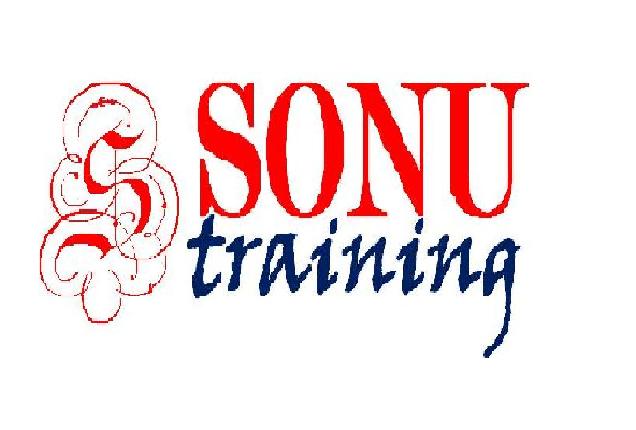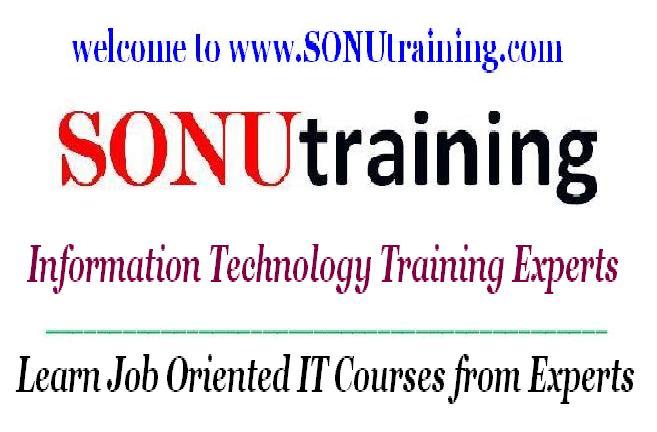Module 1: What is SharePoint?
This module discusses the concepts of sharing information in an environment using standard technologies such as file shares and email. This module then discusses how SharePoint meets and exceeds these needs, what core functions are provided and what extended functions are available, as well as defining key concepts and terms related to SharePoint. This module also examines the basic process and experience of accessing a SharePoint Site.
- How Information is Shared
- Defining SharePoint
- Interacting with SharePoint
Activities
- Accessing a SharePoint Site
After completing this module, students will be able to:
- Understand how SharePoint helps in collaborating on shared information
- Define key terms used in working with SharePoint
- Understand how to access a SharePoint Site
Module 2: Understanding SharePoint Sites
This module discusses the basic layout and structure of a SharePoint site, including core elements of any SharePoint site, navigation elements and other elements aimed at providing a useful and efficient content management and sharing system.
- Examining Site Structure
- Navigation Elements
- Site Elements
Activities
- Navigating a SharePoint Site
- Examining Site Functions
After completing this module, students will be able to:
- Define and describe key parts of a SharePoint site
- Identify and use navigation elements to move in and out of a site
- Understand and Identify key functions of a SharePoint Site
Module 3: Using Information in Lists
This module describes the purpose and use of the most common type of structure used in SharePoint, the list. This module will discuss all basic features of a list, including common lists types and their uses, as well as how to add, view, edit and delete content from a list. This module also examines different methods for viewing list content as well as editing content.
- Defining a List
- Common List Types
- Managing List Information
Activities
- Managing List Information
After completing this module, students will be able to:
- Access lists from the home page
- Create, edit, view and delete items in a list
- Understand how list information can be viewed
Module 4: Using Documents in Libraries
This module discusses the SharePoint repository known as the library. This module examines different types of libraries, including document, wiki, and form libraries, as well as how to add content to libraries and manage content within the library with collaboration features such as Check-in, Versioning and Metadata.
- Defining a Library
- Common Library Types
- Managing Library Documents
Activities
- Managing Library Documents
After completing this module, students will be able to:
- Add and Upload documents into a Library
- View document metadata
- Check in and out documents
- View and manage document versions
- Use folders to organize documents
Module 5: Finding and Sharing Information in a Site
This module examines how to manage locating content and being notified of changes in SharePoint through alerts, RSS feeds, and simple searches. This module also discusses how information is shared amongst team members through discussion boards, surveys, wikis and blogs.
- Using List Notifications
- Using Site and List Search
- Using Discussions and Surveys
- Using Wiki Pages
- Using Blogs
Activities
- Creating List Notifications
- Performing Simple Searches
- Sharing and Collecting Feedback
- Creating and Using Wiki Pages
- Working with a Team Blog
After completing this module, students will be able to:
- Create and set alerts on items
- Use RSS feeds
- Search for items in a site
- Use discussion boards and surveys to provide feedback
- Use blogs and wikis to share information
Module 6: Integrating SharePoint and Office
This module focuses on how Office products work directly with SharePoint to make collaboration simpler and faster, examining how Office products natively recognize SharePoint as a valid storage space, as well as how some common data formats such as spreadsheets and forms can be used inside SharePoint through Office. This module also examines how collaboration workspaces can be generated through Office, and how Outlook can take SharePoint information offline.
- Adding Office Documents through Office
- Creating Workspaces
- Working with Spreadsheets
- Using Forms
- Connecting to Outlook
- Using Office Web Apps
- Using SharePoint Workspace
Activities
- Accessing SharePoint through Office
- Collaborating in Workspaces
- Using Lists with Spreadsheets
- Filling Out Forms
- Synchronizing Outlook and SharePoint
- Authoring Content in SharePoint
- Using SharePoint Content Offline
After completing this module, students will be able to:
- Add and edit documents through Office programs
- Create and use workspaces
- Use spreadsheets with lists
- Fill out forms
- Use Outlook to store shared information
- Examine Office functions through a browser
- Taking SharePoint content offline
|

